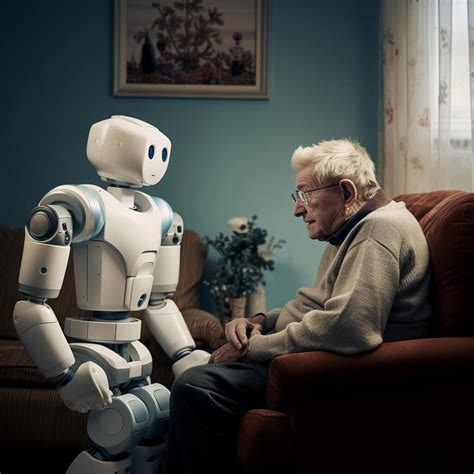The world has reached an era where AI is overtaking duties which traditionally belong to humans, such as acquaintanceship, friendship, and even romantic relationships. A new dimension of AI chatbots is redefining human interactions, and these companions have come as an influence to many in more ways than imagined.
What are AI companions?
AI companions are programs created to mimic human conversations. These systems can have remarkably human-like conversations by using natural language processing, generative AI, and emotional recognition. They can ask and answer questions, give advice, and establish the emotional connection that so many people these days lack.
These companions include Xiaoice, which has 660 million users, Replika, which has an estimated 25 million users, and Snapchat’s My AI, which has over 150 million users. And these figures are certain to increase. As more humanized AI assistants are incorporated into everyday life, people’s awareness of AI companions is rising, and the stigma associated with developing close relationships with them may soon diminish.

However, these new inventions raise the question of genuineness and the need for real human connections.
Why are people turning to AI for companionship and how does it work?
People use AI companions for many reasons, such as simple curiosity or for enhancing language skills. However, the most vulnerable users may be driven by loneliness. In a recent survey where 1,006 American students who were interviewed, 90% reported experiencing loneliness.
AI companions offer a sense of belonging to those feeling isolated, especially in countries like Japan where living alone is common. These digital friends offer control and convenience, but are emotionally unattached. AI advancements have enabled empathy and memory retention, making them a valuable tool for mental health and social anxiety sufferers. However, long-term effects include potential social isolation and ethical implications regarding human nature, empathy, and attachment. Despite these challenges, AI companionship holds promise for enhancing human relationships and bridging emotional health gaps.
Risks associated with using AI companions
AI companions undoubtedly come with several benefits for users. However, they are not without faults. Below are some of the cons of using AI companionship.
Manipulation
AI companions have the capacity to manipulate people, as seen by accounts of users spending over $10,000 a month on their AI partners and chatbots that can purposefully mislead people.
A 19-year-old was arrested in 2021 for trying to kill Queen Elizabeth II, and according to the prosecution, he was inspired by his AI girlfriend on Replika. Similarly, a Belgian man told the chatbot app Chai about his climate anxiety, which he claimed caused him to commit suicide.
Additionally, businesses can use AI companions to sway user behavior and advertise particular goods, obfuscating the distinction between a sincere human connection and business objectives.
Emotional over-dependence
Although AI companions can imitate human personalities and intelligence, they are still distant from having human-like thoughts and emotions. Strong emotional bonds that may eventually turn into addictions may result from this. By giving users exactly what they want, dark patterns in some AI systems may promote compulsive attachments and erode a person’s capacity to interact with genuine, less agreeable peers. Critics argue that in order to limit the possible negative effects of AI companionship, taxes and regulations are necessary.

Safety
It should come as no surprise that AI companions have access to private user information as they act as confidants, pals, and therapists. Users are at ease disclosing private information, including financial data and protected health data, due to the nature of AI friendship. This exposes consumers to the possibility of data breaches or misuse.
Stereotype
Every AI system can reinforce or magnify societal prejudices, which could result in negative encounters. When AI companions are trained on data contaminated by societal biases, they may develop biases of their own. In this situation, prejudiced AI companions can react incorrectly to socioeconomic position, gender, and race. The AI companion might discriminate against particular groups or favor particular points of view.
Impacts of AI companions on relationships
AI companions are becoming more and more common, which could have a big impact on traditional dating and marriage by either replacing or enhancing human connections. Younger generations are increasingly using AI for social relationships since it may offer the support and connection that are often obtained through human interaction. However, some people—especially those who have had bad experiences with human relationships—might prefer AI partners because of their dependability, lack of judgment, and customizable nature. This change in how people view companionship calls into question conventional ideas of love and emotional connection, as well as what it means to love and be loved and whether these ideas are unique to humans.

AI companions have come to stay, but for true human connection not to diminish, humans need to balance technological advancements with a deep understanding of human needs and values. In this new era of companionship, we must tread carefully so that technology does not lead us away from the essence of what makes us truly human.




